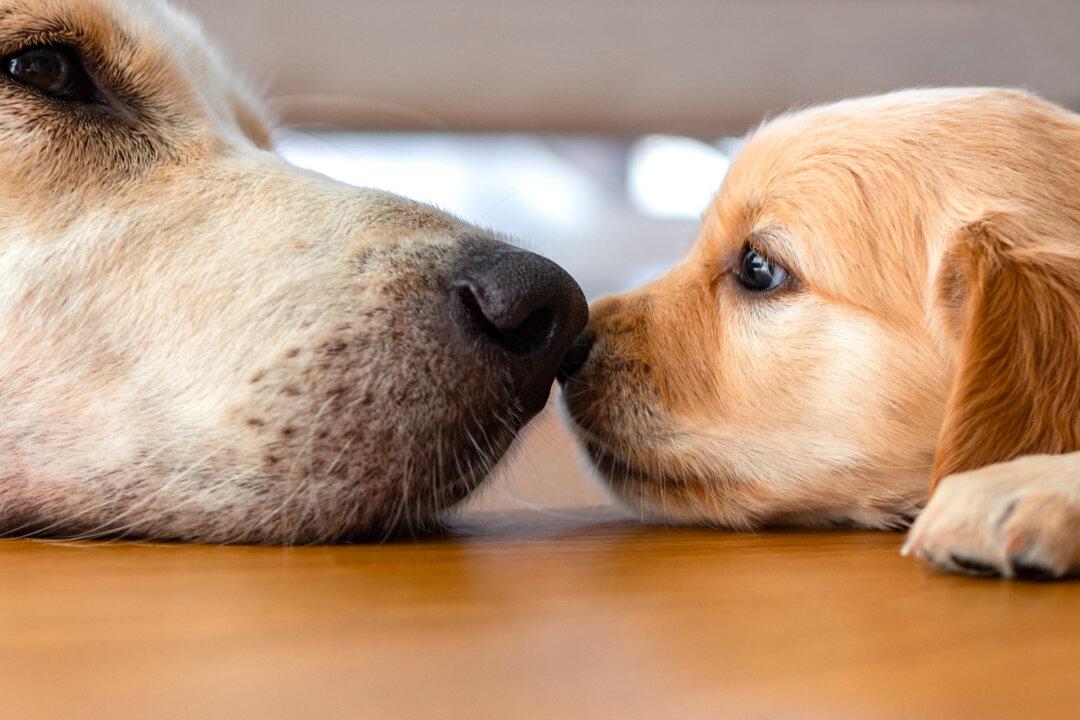Australian animal welfare advocates are calling for an end to “puppy farms” after the surrender of hundreds of labradoodles.
The move to bring dog breeders in Tasmania to heel follows other attempts around the nation, some further advanced than others.





